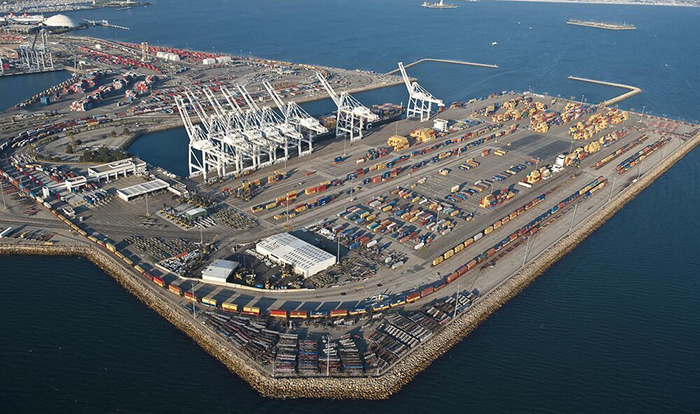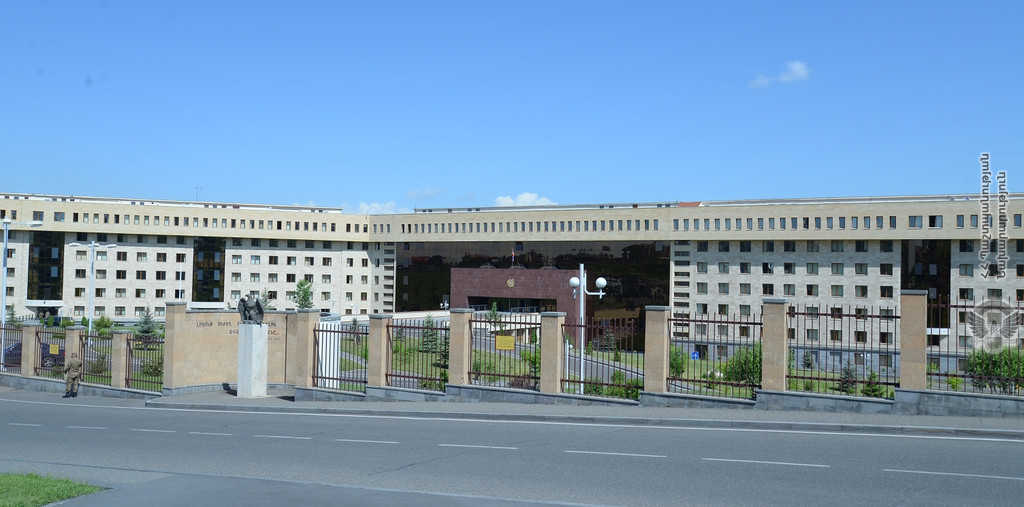Iran’s and India’s ambassadors in Yerevan on Tuesday stressed the importance of Armenia’s involvement in a new transnational transport corridor planned by their countries.
“We believe that the communication corridor from India to the Iranian port of Chabahar and on to Armenia and further north, the Black Sea, is a reliable route for transporting goods to the north and to Europe,” the Iranian envoy, Mehdi Sobhani, said during an international conference in Yerevan. “The development of this path will protect our countries against external harm.”
India has built and operates two terminals at Chabahar to bypass Pakistan in cargo traffic with Iran, Afghanistan and central Asian countries. It has proposed the Gulf of Oman port’s inclusion in the International North-South Transport Corridor (INSTC) project initiated by Russia, Iran and India in 2000. The project calls for a 7,200-kilometer-long network of maritime and terrestrial routes stretching from Mumbai to Moscow.
The Armenian government suggested in 2021 that Indian companies use Chabahar for cargo shipments to not only Armenia but also neighboring Georgia, Russia and even Europe. Senior Armenian, Indian and Iranian diplomats explored the possibility of creating such a trade route during first-ever trilateral talks held in Yerevan in April this year.
Speaking at the conference organized by the Armenian government, the Indian ambassador to Armenia, Nilakshi Saha Sinha, welcomed the South Caucasus nation’s interest in the INSTC.
“We are ready to work with Armenia to understand how the country can benefit from the opportunities of this corridor,” she said, adding that the Indian side will make it easier for Armenian firms to ship cargo to and from Chabahar.
Armenia has long maintained a cordial relationship with Iran and has deepened its ties with India in the last few years, notably through a series of contracts signed with Indian arms manufacturers. New Delhi has effectively sided Armenia with in its ongoing border disputes with Azerbaijan. For its part, Tehran has repeatedly warned against attempts to strip it of the common border and transport links with Armenia.
In October, the Armenian government contracted two Iranian companies to upgrade a 32-kilometer section of Syunik’s main highway leading to the Iranian border. Iran’s Minister of Roads and Urban Development Mehrzad Bazrpash attended the signing of the $215 million contract in Yerevan, underscoring its geopolitical significance for the Islamic Republic.
Sinha said that Indian firms are also interested in “participating in infrastructure development projects in Armenia.”










